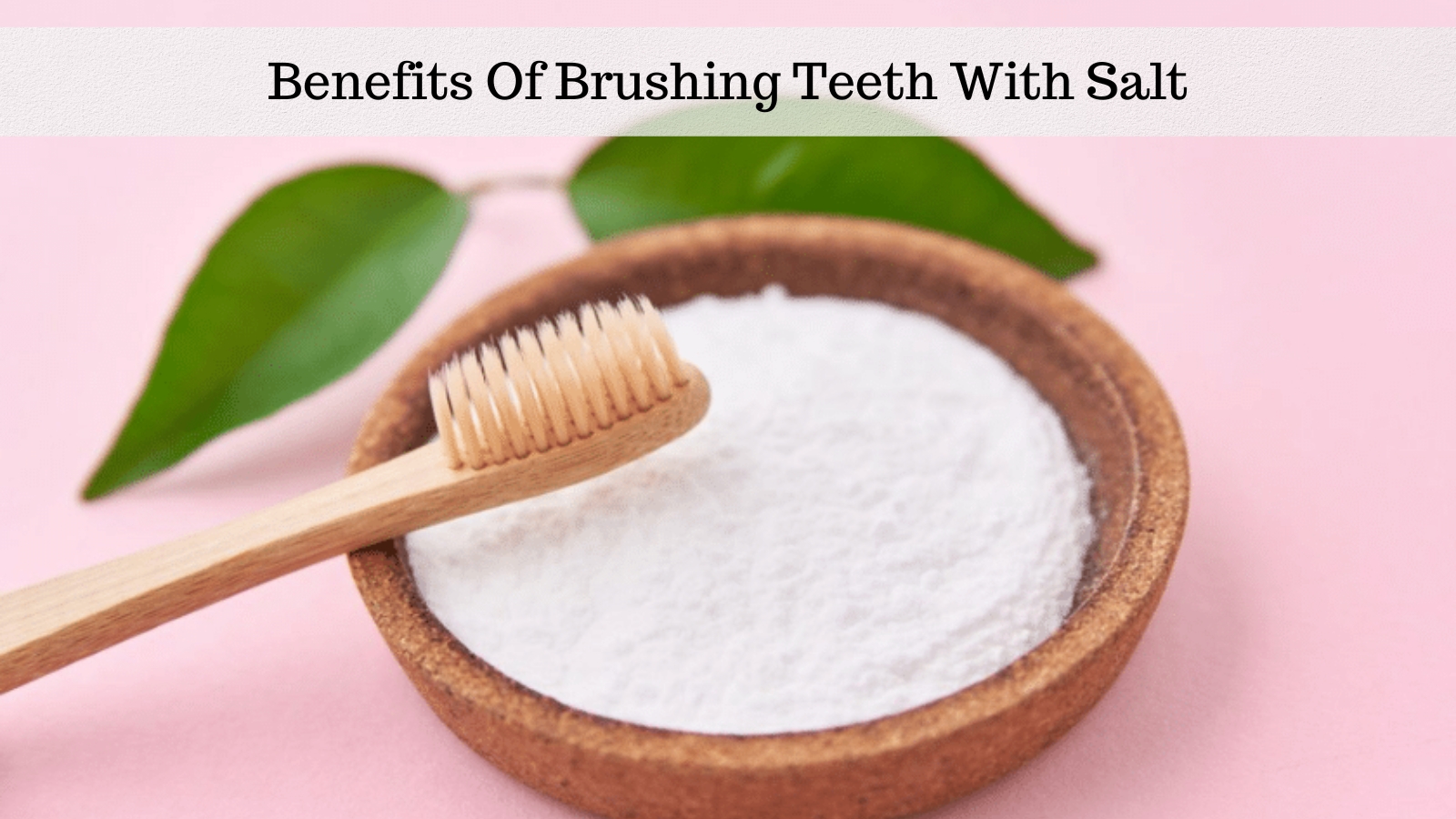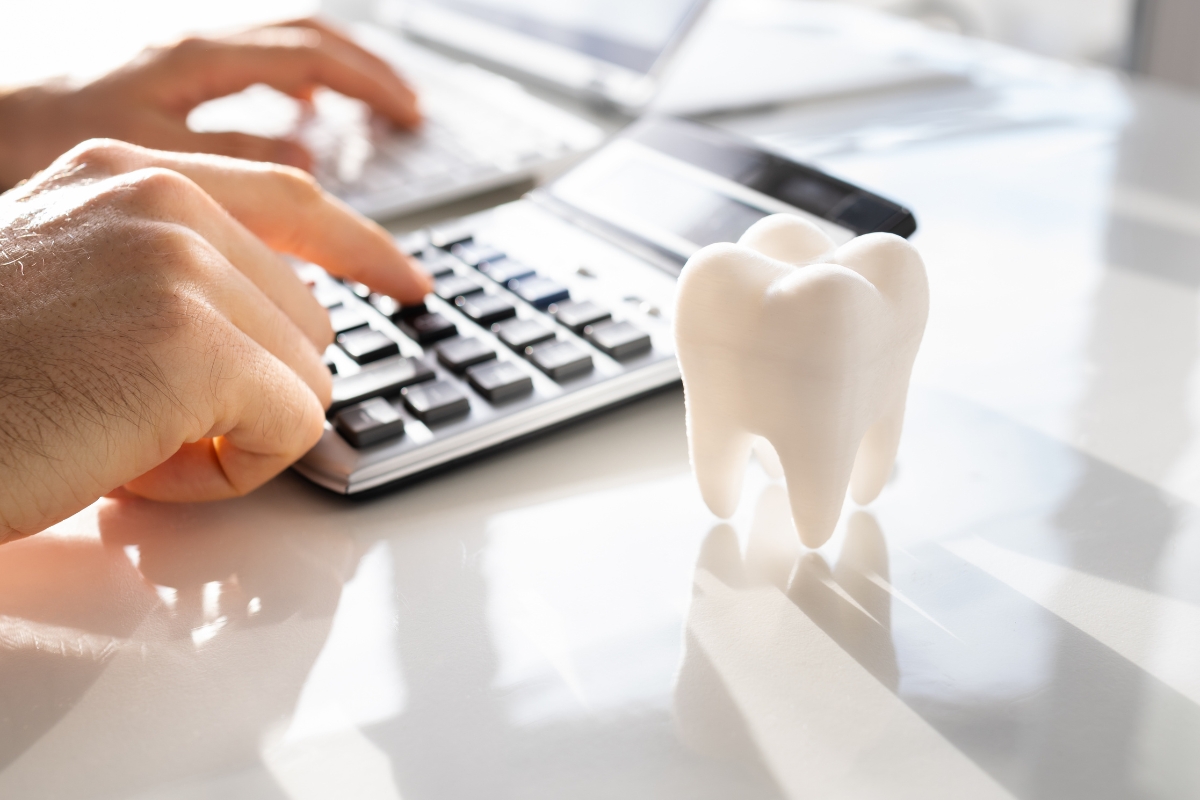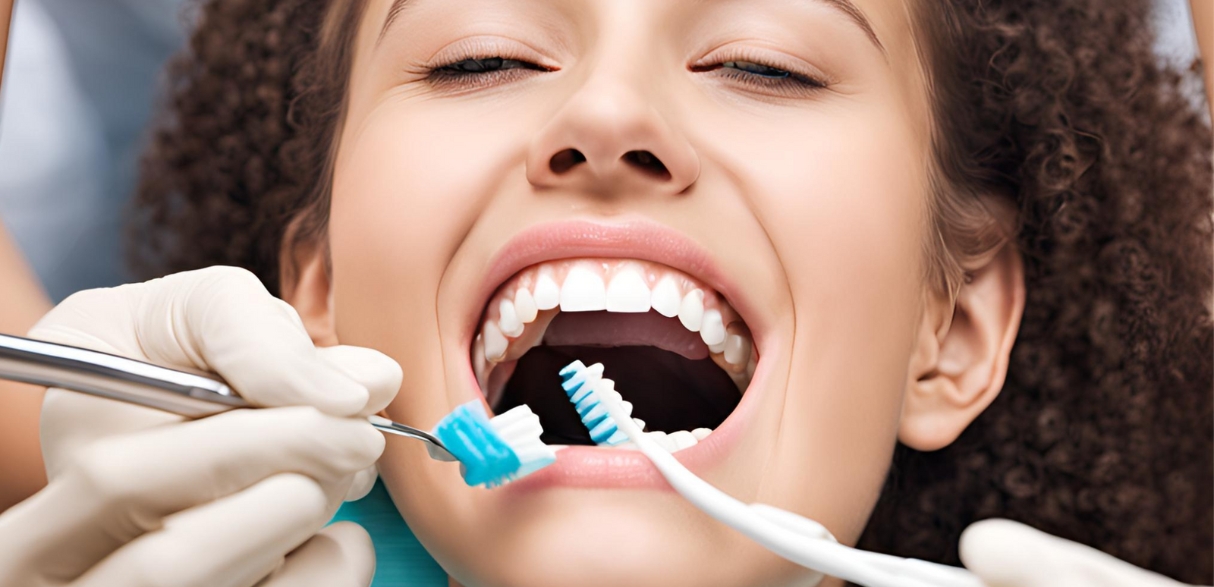

What if there was a simple, natural way to enhance your dental routine without buying expensive products? Brushing your teeth with salt may sound unusual, but it’s been a trusted oral health practice for centuries. It’s not just an old wives’ tale—there are real benefits behind this humble kitchen ingredient. Curious to know how salt can improve your smile? Let’s dive into why brushing your teeth with salt could boost your oral care routine.
How Does Salt Benefit Your Teeth?
Salt has been used for its healing properties long before modern toothpaste was even a thought. Its abrasive texture helps gently scrub away plaque and surface stains, revealing a brighter smile. But the advantages don’t stop there. Salt also has natural antibacterial qualities that fight off the germs that cause gum disease and bad breath.
Moreover, salt’s mineral-rich nature, particularly sea salt or Himalayan salt, can help restore the pH balance in your mouth, which plays a critical role in keeping bacteria in check. When your mouth’s pH tilts toward acidity, harmful bacteria thrive. Using salt helps neutralize that acidity, promoting a healthier environment for your teeth and gums.
Cleans Without Harsh Chemicals
One key benefit of brushing teeth with salt is that it’s a chemical-free alternative. Traditional toothpaste often contains additives like artificial flavors, preservatives, and harsh abrasives that some people prefer to avoid. Switching to salt lets you opt for a natural cleaner, free of synthetic chemicals and dyes. It’s as pure as oral care gets, providing a natural polish for your teeth.
Additionally, salt acts as a mild abrasive, removing plaque and surface stains without the harshness of some commercial products. Salt offers a straightforward teeth maintenance solution if you seek a gentle yet effective way to clean your teeth.
Reduces Gum Inflammation
Salt’s natural anti-inflammatory properties are well-documented. If you have sore or swollen gums, brushing with salt can soothe the inflammation and reduce swelling. Salt draws out moisture, which can help reduce puffiness and irritation in the gums, offering quick relief from discomfort.
Mixing a bit of salt with warm water and swishing it around your mouth can also act as a mouthwash, helping heal minor gum irritations and keeping the area clean. This practice can be especially beneficial when dealing with bleeding gums or minor infections. Ensure you’re using the right amount—too much salt can have the opposite effect, irritating the delicate gum tissue.
Freshens Breath Naturally
Have you ever noticed how saltwater rinses are recommended after dental procedures? It’s not just for cleaning; salt is excellent for freshening your breath. Since salt combats bacteria, it can tackle one of the leading causes of bad breath: sulfur-producing bacteria. Brushing teeth with salt can be a simple way to maintain fresh breath throughout the day.
Dipping a damp toothbrush into salt and brush as usual is easy. The salt will help clean away the food particles and bacteria lingering in your mouth, leaving you with a fresher, cleaner feel. And since there are no artificial flavors, you won’t have to worry about the solid minty aftertaste that often comes with toothpaste.
Remineralizes Tooth Enamel
While salt alone can’t reverse cavities, it plays a role in strengthening tooth enamel. Our teeth are constantly exposed to acids from foods, which can weaken enamel over time. Salt helps remineralize your teeth by boosting the levels of calcium and phosphate in your saliva—two minerals essential for strong, healthy teeth.
This remineralizing effect can be even more powerful when using sea salt or Himalayan salt, which contains trace minerals like calcium, magnesium, and potassium. These elements work together to help strengthen enamel, making your teeth more resistant to decay and sensitivity.
Prevents Tooth Decay
Brushing teeth with salt also helps to lower your risk of tooth decay. Salt increases saliva production, which is a natural defense against cavity-causing bacteria. Saliva washes away food particles and neutralizes acids produced by these bacteria. Your mouth becomes less hospitable to harmful bacteria with more saliva and a neutral pH.
Salt, in essence, helps create an environment where decay-causing agents can’t thrive. This means fewer trips to the dentist and a healthier smile that you can feel confident about. Pairing salt with your regular brushing routine might be the secret weapon your teeth have been waiting for.
Is Brushing with Salt Safe for Everyone?
While brushing teeth with salt has clear benefits, it is essential to use it in moderation. If overused, salt’s abrasive nature could wear down enamel over time, particularly if you brush too hard. It’s all about balance. Use gentle, circular motions, and limit salt brushing to a few times weekly. Combining this with regular toothpaste can give you the best of both worlds—a natural clean without compromising your enamel.
If you have sensitive teeth or gum issues, it’s always wise to consult your dentist before making significant changes to your oral care routine. They can guide you on whether brushing with salt is right and how often you should go for it.
How to Brush Your Teeth with Salt Properly
Are you curious about how to incorporate salt into your routine? It’s simple. You can sprinkle a little salt directly onto a damp toothbrush or mix it with baking soda for an extra cleaning boost. Some people prefer to create a saltwater solution, using it as a rinse before brushing to help clean their gums and teeth.
Make sure you’re not using too much salt. A small pinch goes a long way. After brushing, rinse your mouth thoroughly with water to remove any excess salt. This method is gentle, affordable, and practical, making it a great addition to your dental care strategy.
Brushing teeth with salt might seem old-fashioned, but it offers several modern-day benefits. From removing surface stains and plaque to helping with gum inflammation and bad breath, salt provides a natural way to enhance oral hygiene. It’s simple, affordable, and effective.
The key is to use it wisely—too much can cause more harm than good. But when used properly, salt can be an excellent alternative to harsh chemicals and abrasive toothpaste. So, consider reaching for the salt shaker next time you want to refresh your smile. It just might be the natural boost your teeth need.






